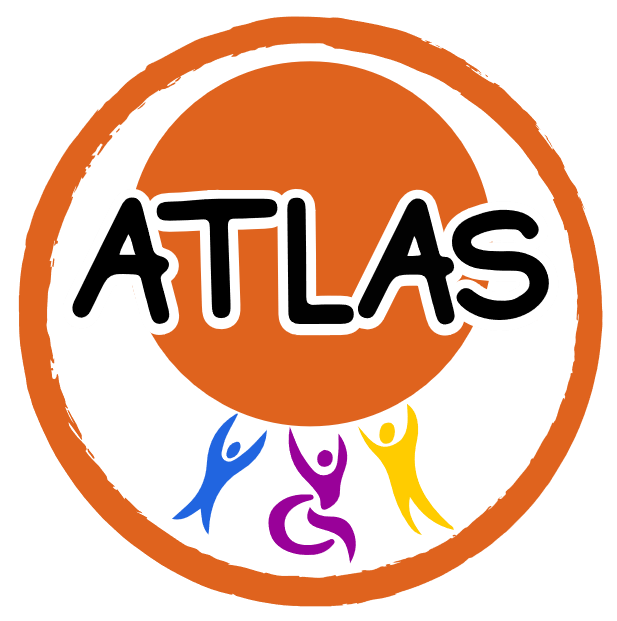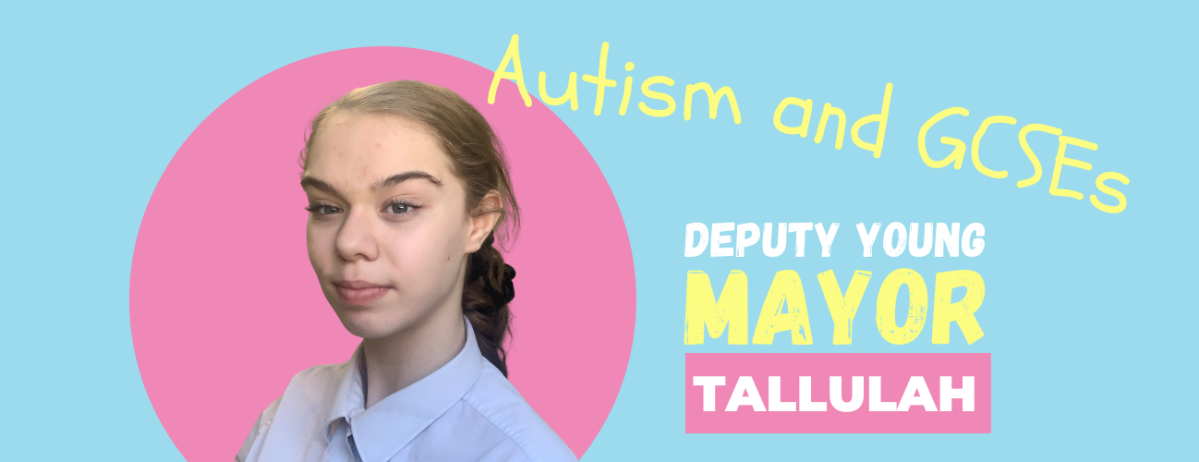Who is Stephen Hawking?

Stephen Hawking was an English theoretical physicist (a scientist who uses maths, calculations, chemistry, and biology), cosmologist (a scientist who studies the universe) and author. He was also the director of research at the Centre for Theoretical Cosmology and the Professor of Mathematics at the University of Cambridge.
His life work includes the origins and structure of the universe, the discovery that black holes emits radiation as well as being an energetic supporter of quantum mechanics. Also, Stephen achieved profitable success with discussing his theories and cosmology in general.
Over the years, he wrote/co-wrote a total of 15 books. A few of the most noteworthy books that he wrote are A Brief History of Time, The Universe in a Nutshell, A Briefer History of Time, and The Grand Design.
What was his disability?

Even though he was born with no disabilities, in 1963, Stephen was diagnosed with an early-onset slow-progressing form of motor neurone disease which is known as amyotrophic lateral sclerosis (ALS) however, in the USA it is referred as Lou Gehrig’s disease. He had a life expectancy of 2 years, but he lived with the disease until he passed away in 2018.
The disease gradually paralysed him over the decades due to the nerves that controlled his muscles shutting down that led him to lose his mobility and had to use a wheelchair. After the loss of his speech, he communicated through a speech-generating device originally through use of a handheld switch and eventually by using a single cheek muscle.
How did the media accurately portray his life and disability?

Stephen had guest appearances on TV shows such as The Simpsons, Star Trek: The Next Generation, Futurama, and The Big Bang Theory. In 1992, a documentary about his life was released which was called A Brief History of Time.
He also hosted and narrated Genius, a six-part television series which tackled scientific questions that have been asked throughout history. Stephen was also featured in another biographical documentary film called Hawking in 2013.

He had two autobiographical movies about his life, the first one was called Hawking which premiered in the UK in April 2004 on BBC1, it had Benedict Cumberbatch playing him and focused on his early life as a PhD student at Cambridge University and the onset of motor neuron disease.
It was nominated for Best Single Drama in the BAFTA TV Awards in 2005. Benedict’s portrayal of Stephen Hawking was the first portrayal of the physicist on screen, and he won the Golden Nymph for Best Performance by an Actor in a TV Film / miniseries and received his first nomination for a BAFTA TV Award for Best Actor.

The second autobiographical movie about Stephen Hawking’s life was called The Theory of Everything which was released on January 1st, 2015 in the UK. This time Eddie Redmayne was cast to play Stephen Hawking. The film focused on his early life and school days, his marriage to Jane Wilde, the progression of his ALS and his scientific triumphs.
The film received a lot of praise and positive reviews as well as receiving multiple awards and nominations. Most of the praise went to Eddie’s portrayal of Stephen as he spent months researching all of Stephen’s interviews as well as his accent and speech patterns to accurately portray him.
Was he an inspiration to the disabled community?

Even though it took him a while to accept his disability, he started to accept the mantle of role model for people with additional needs and disabilities in the 1990s by lecturing and participating in various fundraising activities. He also signed the Charter for the Third Millennium on Disability with eleven other humanitarians.
In August 2012, Stephen narrated the “Enlightenment” segment of the 2012 Summer Paralympics opening ceremony in London. In 2014 he accepted the Ice Bucket Challenge to promote ALS/MND awareness and raise contributions for research. His children volunteered to accept the challenge on his behalf as he was advised not to have ice poured over him.



















